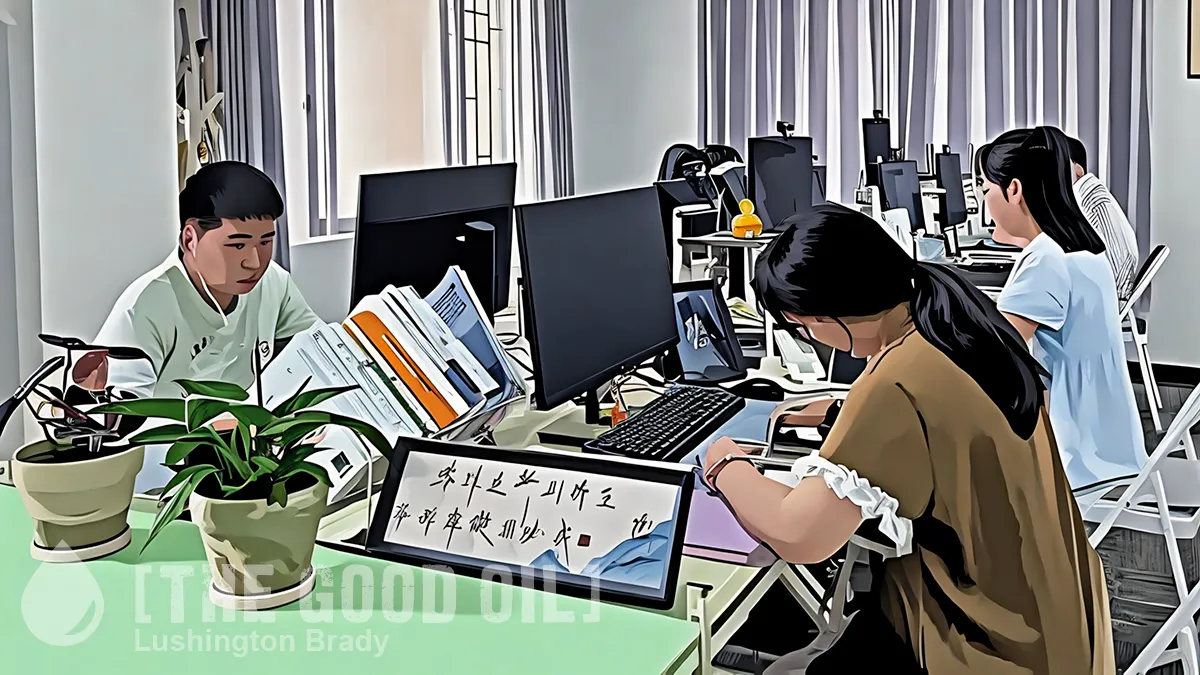Table of Contents
The major political parties agree on the importance of allocating funding to fixing substandard roads and developing new roading infrastructure.
In 2017 the Ardern Government signed a “memorandum of arrangement” to develop a work plan for China’s Belt and Road Initiative (BRI) within 18 months; and in 2023 the government allocated $71B to improving the infrastructure, including roads.
…our Government has committed a record $71 billion of investment over the next five years to build the infrastructure backbone and the schools, hospitals and public housing New Zealanders rely on and to help grow the economy.
Labour Party Website Update 27 July 2023
The National Party agreed money needs to be spent on roading.
“The National Party has unveiled its $24 billion transport package which it says will get Kiwis “where they want to go faster and safer”.
The party revealed its ‘Transport for the Future’ policy with three headline priorities; deliver new roads of national significance, better public transport and rebuilding regions and improving resilience.
Christopher Luxon July 2023
Regarding funding the improvements, Christopher Luxon said, “The National Party would absolutely accept Chinese money”, and hit back at concerns.
Both Labour and National want to spend Chinese money but National’s prospective coalition partners do not.
David Seymour said ACT won’t agree to follow the lead of Pacific nations who “accepted investment from the Chinese Government, only to find they’re now in serious debt to a communist regime flexing its muscles.”
Winston Peters said, “Any government New Zealand First is part of will not be taking money from China to build our vital infrastructure assets.”
On Thursday 1 August, MPs of the intelligence and security committee, headed by Prime Minister Chris Hipkins, were briefed by Department of Prime Minister and Cabinet secretary Rebecca Kitteridge and Ministry of Foreign Affairs and Trade Secretary Chris Seed on the Government’s national security long-term insights report.
MPs of the intelligence and security committee, headed by Hipkins and including National Party leader Christopher Luxon, met on Tuesday evening to question a forecast of New Zealand’s future produced by nine of the Government’s national security agencies.
The national security long-term insights briefing, published in May, warned the risk of New Zealand being harmed by spying, cyberattack, transnational crime, and terrorism is going to worsen in the coming decade.
Both leaders of the two major political parties appear to support Chinese funding despite warnings about the Chinese threat to national security: “New Zealand has been, and will continue to be, a target of foreign interference and espionage” in the Let’s Talk About Our National Security Report.
China loomed as a concern in the report, with a third of public submissions talking of concerns about interference in New Zealand communities and institutions. The report said the Pacific region was challenged by increasing competition primarily driven by a rising China, which had announced its intentions to increase military co-operation in the region.
Stuff
Chinese investment in other countries, presented as building closer economic and technological ties through trade, went global.
The Belt and Road Initiative (BRI) has evolved significantly since its launch in 2013. Chinese President Xi Jinping announced the BRI in two speeches in 2013, outlining plans for a ‘Silk Road Economic Belt’ – involving overland routes for rail and road transportation – intended to deepen China’s connectivity with Eurasia and boost trade between China, Eurasia and Europe; and a ‘21st Century Maritime Silk Road’, expected to deepen maritime links between China, Southeast Asia, South Asia and Europe.
The stated ambition was to build closer economic ties with China’s neighbouring regions, ultimately linking it to the West, through five priority areas: coordinating policy, improving connectivity, reducing impediments to trade, integrating financial structures, and building people-to-people ties through exchanges and dialogues in various sectors.
Over time, however, the BRI expanded in scope to become an umbrella term for any Chinese project in developing or emerging economies. The BRI also became a useful way for Beijing to expend its industrial overcapacity (through trade development) and promote its industrial strategy in new sectors (such as digital technology) beyond its national borders.
IISS Review of BRI
China’s investment in metals and mining regarding batteries for electric vehicles has grown enormously. A key finding in a report on BRI released on 1 August 2023 is “a growth area of strategic importance is metals and mining through Chinese investment for ownership”. Chinese investment in metals and mining grew 131% in the first half of 2023 compared to the first half of 2022.
It makes no sense for New Zealand to continue receiving Chinese funding obtained through unethical mining practices such as using child labour in cobalt mining when New Zealand could benefit financially from the ethical development of its own mineral, oil and gas resources instead.









